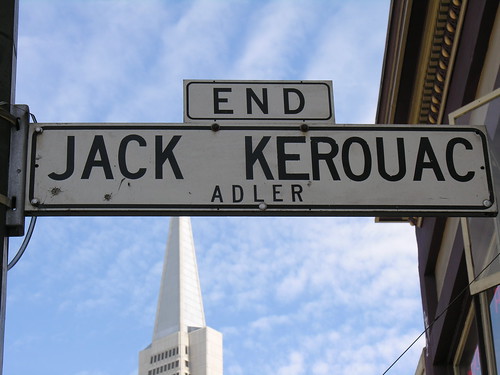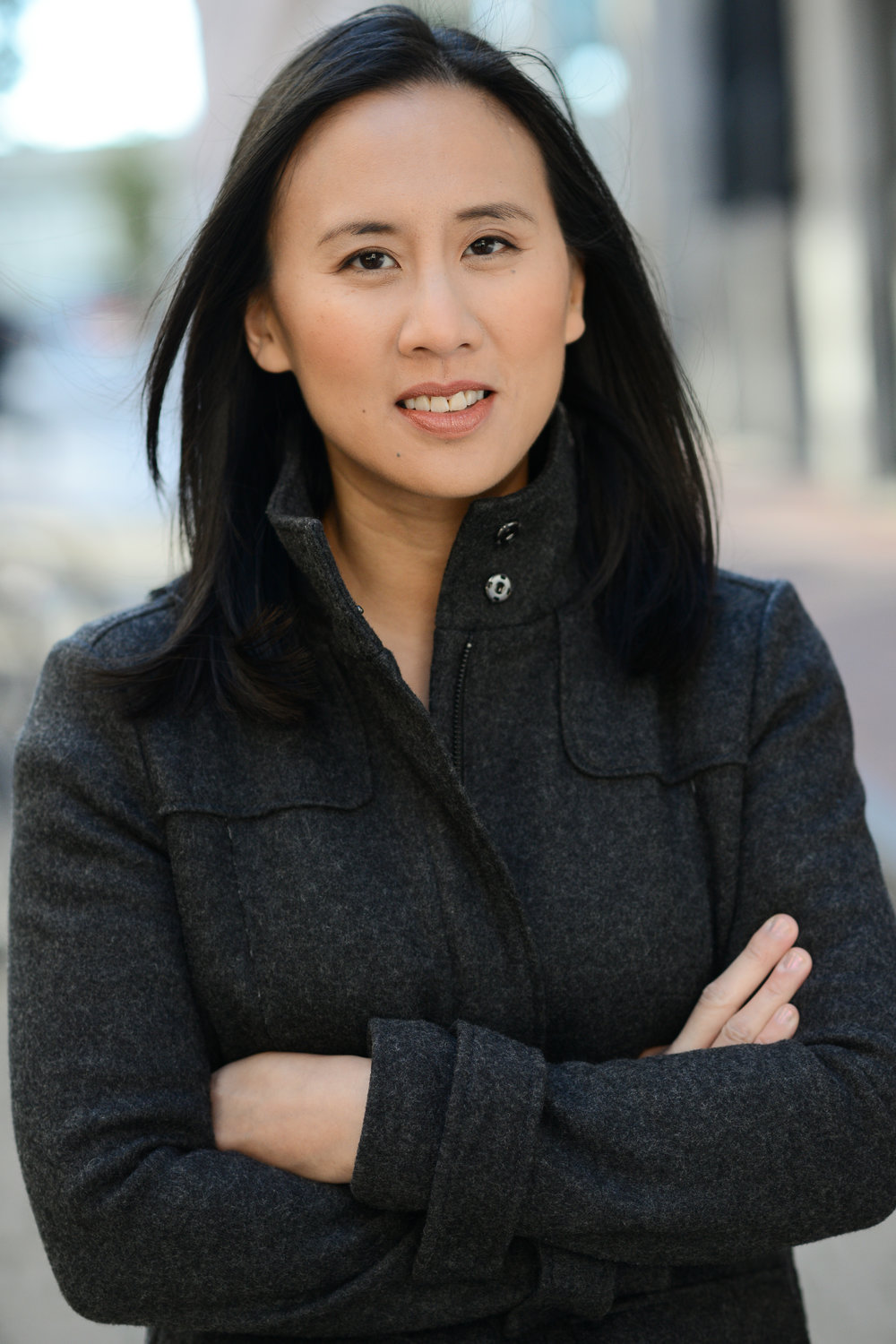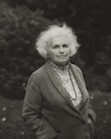Click on over to Urban Dictionary and you’ll soon be Faulknering. At least, according to one of that dictionary’s definitions of “Faulkner,” which is “To go from being a nerd to getting all the hot girls.”
Apparently, kids these days are giving authors’ names new meanings, and Urban Dictionary—the mass-edited compendium of language as it’s popularly used—is capturing them. The New York Daily News has a roundup (via):
Keats: One who has much intelligence, yet is reclusive and worryingly geeky. Enjoys exercising excessive control over friends and family. Wears leggings. Eats pizza only.
Bronte: A girl of her own sexiness, her own way in life. Doesn’t care what people think. Very blissful and beautiful.
Walt Whitman: Slang for cocaine. (Whitman was known for his long poetic lines.)
Tolstoy: To make significantly longer than is necessary to convey the relevant message; derived from Leo Tolstoy, whose classic literature is quite long and wordy. Ex: Hey man, I just asked for a light, not your life story. You didn’t have to Tolstoy me.
Hemingway (v.): Writing a paper under the influence of alcohol, like noted author Ernest Hemingway. Ex: It’s due tomorrow. I totally have to hemingway that term paper tonight.
Foer: A hipster who has became vegan or vegetarian after reading Jonathan Safran Foer’s “Eating Animals.” Like Foer himself, he/she may or may not cheat by eating meat on occasion but will still be sure to inflict guilt on any meat-eaters encountered. Also: foerified (vegetarian-inspired). Ex: I watched “Food Inc.” and thought it was good, but I’m not turning into a foer anytime soon.
Which authors would you turn into verbs? How about Oates-ing: to churn out writing prolifically? Or to pull a Suzanne Collins: to write young adult novels that become wildly successful with adults?
(Also: Is anyone else here reminded of Clueless? “There’s my mom… isn’t she a Betty?” “She’s a full-on Monet. From far away, it’s OK, but up close, it’s a big old mess.” “Okay, so he is kind of a Baldwin.” Or did I just show my age?)






